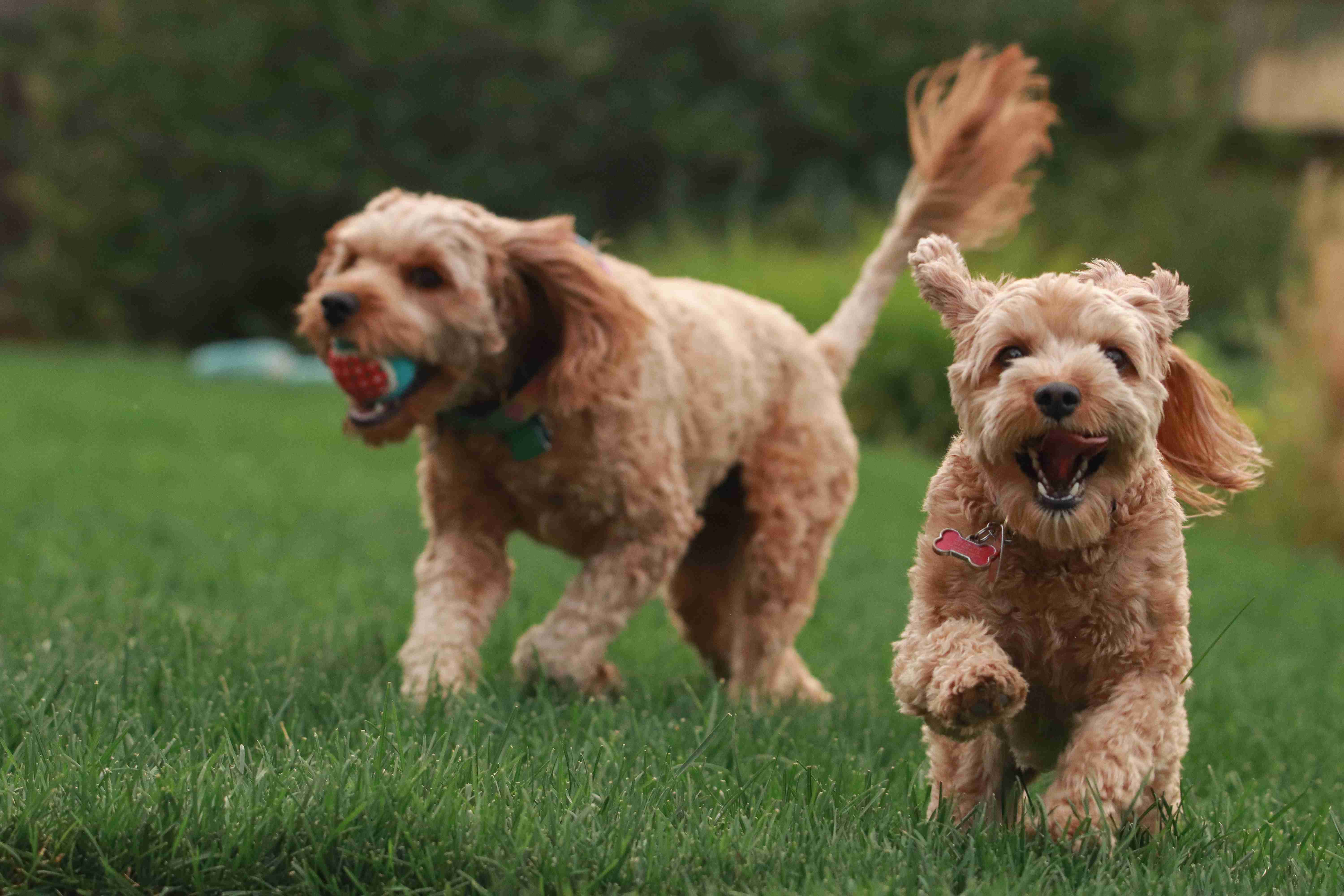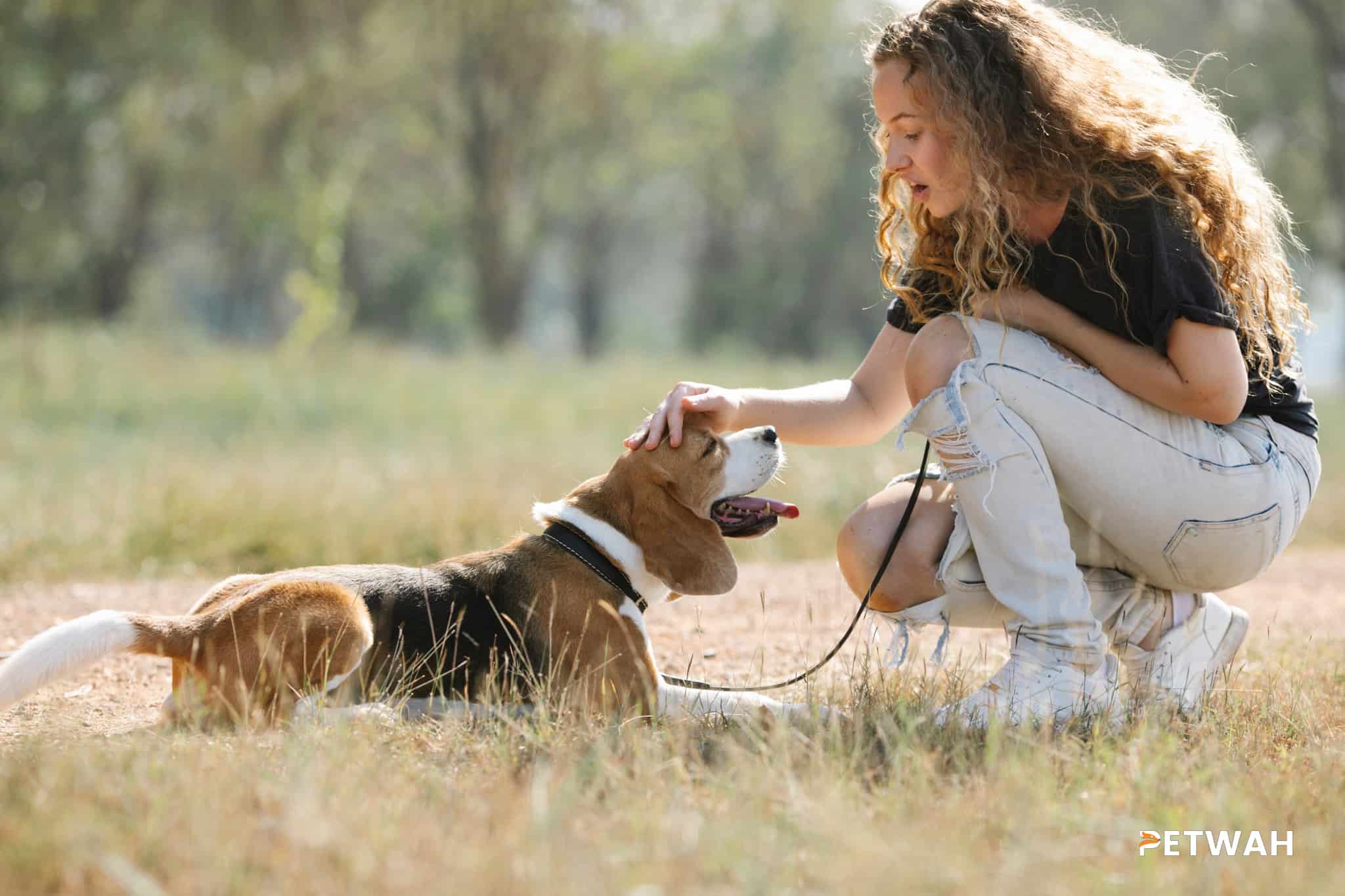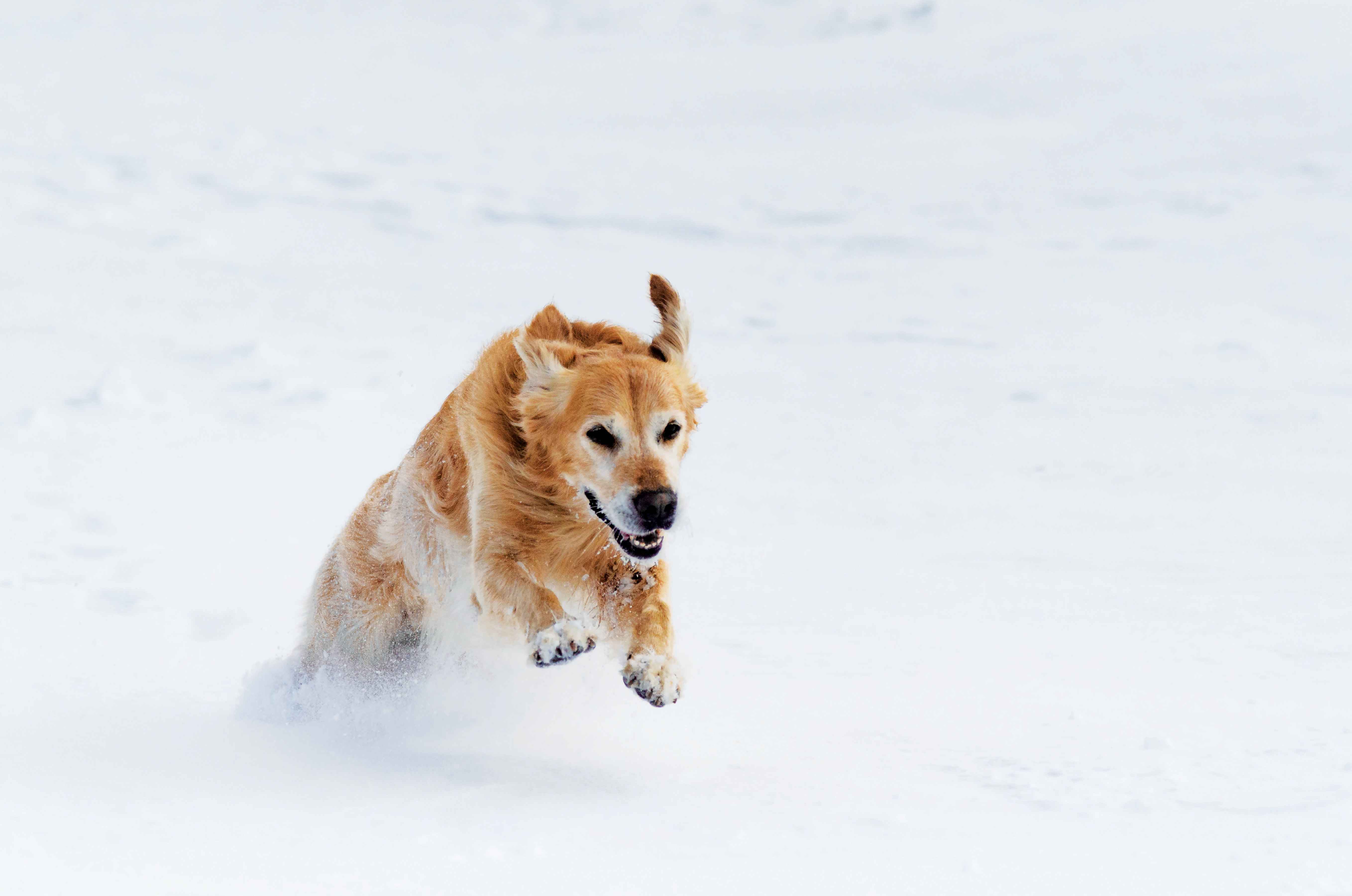If you’re a dog owner, you’ve probably experienced your furry friend getting sick while on a car ride. It’s not a pleasant experience for anyone involved, but have you ever wondered why dogs get car sick in the first place? It turns out that there’s a scientific reason behind it. In this post, we’ll dive into the mystery behind why dogs get car sick and what you can do to help prevent it. From understanding the anatomy of your dog’s inner ear to adjusting their diet before a car ride, we’ll cover all the details. So, let’s get started and uncover the science behind why dogs get car sick.
Have you ever taken your furry friend on a road trip, only to have them start drooling, whining, and eventually vomiting? If so, you’ve probably wondered why your dog gets car sick. Is it just motion sickness, or is there something else going on? In this blog post, we’ll explore the science behind why dogs get car sick, and what you can do to help your furry friend feel better on the road.
What is Car Sickness?
First, let’s define what we mean by “car sickness”. Car sickness, or motion sickness, is a common condition that affects both humans and animals. It occurs when the brain receives conflicting signals from the eyes, inner ears, and other parts of the body that sense motion. These conflicting signals can lead to nausea, vomiting, dizziness, and other symptoms.
Why Do Dogs Get Car Sick?
So, why do dogs get car sick? There are several factors that can contribute to motion sickness in dogs:
1. Inner Ear Imbalance
The inner ear is responsible for sensing motion and balance in the body. When the inner ear senses motion that is different from what the eyes are seeing, it can cause motion sickness. Dogs have a very sensitive inner ear, which may make them more prone to motion sickness.
2. Anxiety and Stress
Anxiety and stress can also contribute to motion sickness in dogs. If your dog is anxious or stressed about being in the car, this can trigger the release of stress hormones that can cause nausea and vomiting.
3. Poor Ventilation
Poor ventilation in the car can also contribute to motion sickness in dogs. If the air in the car is stale or stuffy, this can make your dog feel nauseous.
4. Genetics

Finally, some dogs may be genetically predisposed to motion sickness. Certain breeds, such as bulldogs and pugs, may be more prone to motion sickness due to their short snouts and respiratory issues.
What Can You Do to Help Your Dog?
If your dog is prone to motion sickness, there are several things you can do to help them feel better on the road:
1. Limit Food and Water Intake
Before taking your dog on a car ride, it’s a good idea to limit their food and water intake. A full stomach can contribute to motion sickness, so it’s best to feed your dog a light meal a few hours before the car ride.
2. Provide Good Ventilation
Make sure your car is well-ventilated during the ride. Open the windows or use the air conditioning to keep the air fresh and circulating.
3. Use a Harness or Carrier
Using a harness or carrier can help your dog feel more secure during the car ride. This can help reduce anxiety and stress, which can contribute to motion sickness.
4. Talk to Your Vet
If your dog’s motion sickness is severe, talk to your vet. They may be able to prescribe medication to help alleviate your dog’s symptoms.
Conclusion
Overall, car sickness is a common condition that can affect dogs just as it does humans. Inner ear imbalances, anxiety and stress, poor ventilation, and genetics can all contribute to motion sickness in dogs. If your dog is prone to motion sickness, there are several things you can do to help them feel better on the road. By limiting food and water intake, providing good ventilation, using a harness or carrier, and talking to your vet, you can help your furry friend enjoy car rides without feeling sick.
In conclusion, car sickness is a prevalent problem that dogs face, but with the right precautions and treatment, it can be managed. Understanding the science behind why dogs get car sick can help pet owners take the necessary steps to prevent it from happening and make car rides enjoyable for both the dog and the owner. From acclimating the dog to car rides to using medication, there are several ways to alleviate car sickness in dogs. As a pet owner, it’s essential to keep an eye on your furry friend and make necessary adjustments to ensure their comfort and well-being. With patience and care, you can help your dog overcome car sickness and enjoy the ride.





.jpg)
%20-%20Copy.jpg)

